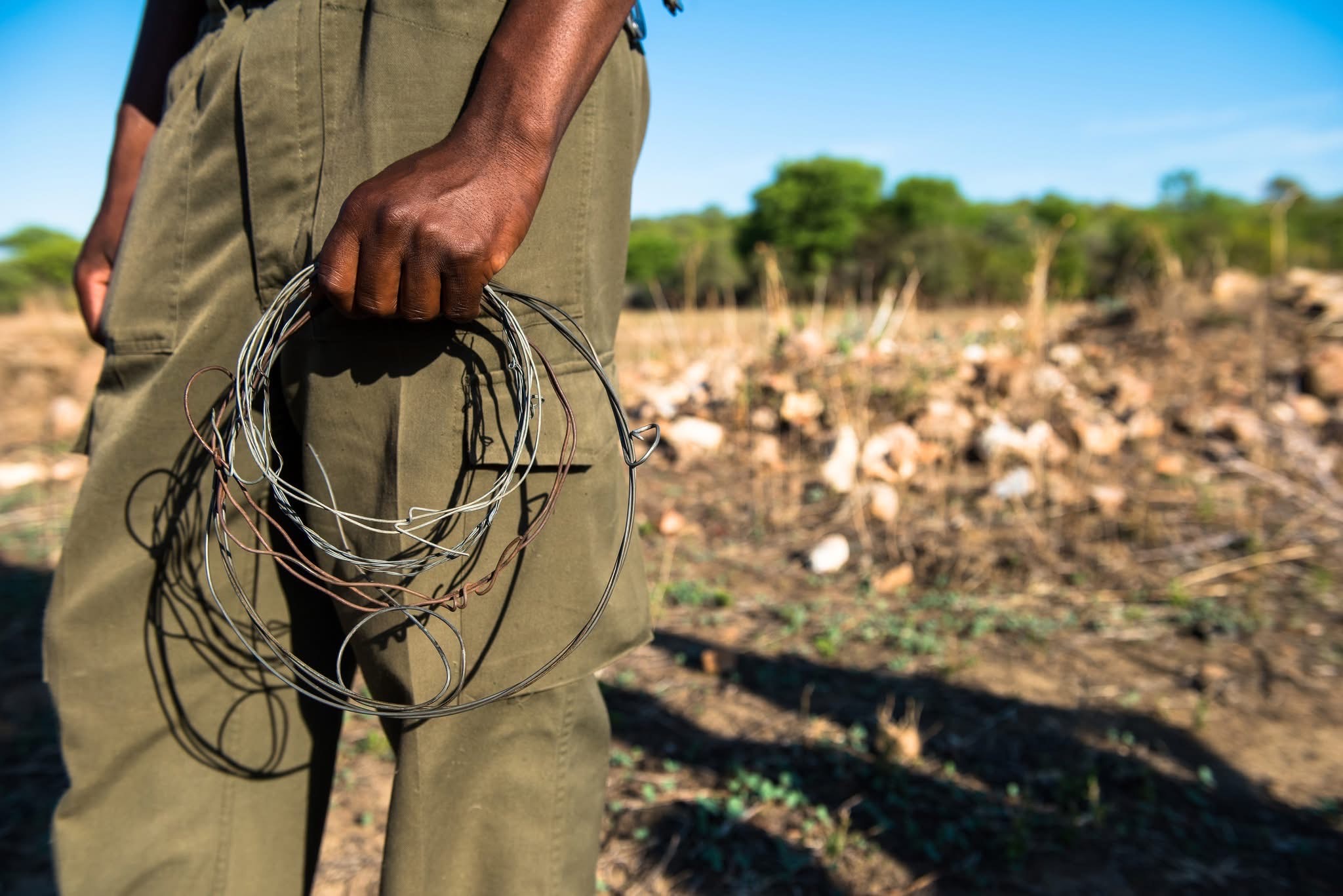BY LESLEY STONES
The Ndebele dancers who greet visitors at Victoria Falls airport have a delightful exuberance in their step these days.
Not many travellers are trickling in, but those who come enjoy broad smiles, impeccable service and a slew of new offerings as Zimbabwe’s tourism hub reinvents itself.
The Covid pandemic threatened total collapse since tourism provides the only income here.
Hotels, guesthouses, restaurants and bars closed down.
Tour guides and transfer companies had nobody to collect, and the hundreds of craftsmen had no buyers.
When the schools closed, many children lost their main meal of the day.
As well as poverty came a looming medical crisis, since the ill-equipped hospital had no facilities to treat Covid patients.
Then the community swung into action.
The government had already started a programme to promote tourism by supporting small and medium sized businesses with backing from the International Financial Cooperation, part of the World Bank Group.
When the pandemic hit they quickly established an initiative called We Are Victoria Falls and appointed Shelley Cox, a specialist in linking tourism to conservation and community development, as its crisis communications coordinator.
Different committees were formed to focus on feeding schemes, healthcare, wildlife preservation and public works and maintenance. “Looking after the community, nature, wildlife and our town were key focuses.
“Everybody was working hand-in-hand to make sure nobody was left behind,” Cox says.
An HIV/Aids organisation donated its buildings as a Covid isolation centre and all the builders rallied around to install plumbing and partitions to make it fit for purpose.
Donors were lobbied to provide medical equipment and protective clothing, vegetable gardens were planted and mass vaccinations were rolled out quickly.
A ‘food for work’ scheme let people work for three or four hours on community projects in return for 10kg of mealie meal.
Artists like Moses Kalembela formed the Rasta Compassion group and built a kids’ playground and delivered food to the old age home. He and his fellow artists have returned to the Elephant’s Walk craft centre now after directing their skills elsewhere for 18 months.
“Anybody who cared about the town came forward and said what can I do?” says Christine Brookstein, creative director of Ndau Collection jewellers.
“We have become a family because it’s pulled us together even more. We used every connection we had and we’ve got a fully equipped medical centre now that’s absolutely free for anybody who walks in.”
Other lasting results include a vocational centre to teach crafts, the opening of a women’s refuge for victims of domestic abuse, and flourishing vegetable gardens.
One of the most active players was Blessing Munyenyiwa, founder of the Love For Africa charity.
He previously worked for Disney’s Animal Kingdom in Florida, and persuaded his international contacts to make some hefty donations.
His efforts saw an oxygenator installed at the hospital to pump oxygen directly to beds in the ICU, and he oversaw the planting of nutritional gardens to feed the patients and staff.
On the business front he’s now opening the Zimbabwe Boutique, a solar-powered hotel with a wine cellar, a spa, gym and swimming pool, and activities including star gazing and conservation talks.
His hotel is one of many newly launched or revamped ventures, since tourism will inevitably bounce back because of the magnetic allure of Victoria Falls themselves.
But if visitors fly in, admire the Falls then leave within a day or two, the revenue will be minimal.
The operators know they must widen the attractions to draw a more diverse mix of people and offer activities and accommodation that will appeal to post-pandemic travellers.The visitor profile was already shifting before Covid, moving away from young thrill seekers to more culturally curious people, says Wild Horizons director Shane White.
“Many international people want to spend more time getting to know the country they’re visiting rather than just staying in five star hotels eating the best food. It’s about giving back,” he says.
Since foreigners often want to bring school supplies for the kids, Wild Horizons has started community tours to a school, an old people’s home and an orphanage where they can hear exactly what is required.
“The guest can then go to the shops and buy it and do a little handover ceremony, so they’re buying what’s needed and spending their money in the local economy,” he says.
Wild Horizons runs lodges as well as tours, and combines the two by involving some employees in a home-hosted meals experience.
“We’re really keen for tourists to get to know the Zimbabweans who serve them and get to know their background, so you can book a lunch or a dinner and go to their home to meet their family and have a meal with them.
“The revenue generated goes to the host and it’s absolutely fantastic.”
Another activity that spreads the income is a visit to a village – a genuine one, not a mocked-up façade.
The small operator Signature Africa took us to meet Chris Ncube, who graciously showed us his family homestead in Monde Village.
He describes a lifestyle that hasn’t changed for centuries, using plants for medicine, drums instead of telephones, and battles to prevent wild animals from devouring their crops and livestock.
“We don’t go out of the fence at night because it’s not safe, so we light fires and make a lot of noise.
“The animals used to run away when they heard the noise, but now the elephants just enjoy the rhythm,” he says.
People can also tour Victoria Falls Wildlife Trust , which runs a rescue and rehabilitation centre, conducts wildlife forensics and research and manages conflicts between humans and animals.
One initiative has seen it issue vuvuzelas to community guardians and cattle herders to scare away predatory lions.
South Africa’s famous instrument is so effective that the ear-blasted lions don’t return for weeks, says administrator Guendolyne Bere.
Travellers interested in behind-the scenes activities can also join a new Conservation and Awareness Safari with Charles Brightman, who founded Victoria Falls Anti-Poaching unit.
Guests can sign up with his company Discover Safaris to log game sightings, remove snares and visit remote areas to look for signs of poaching.
The game viewing can be glorious here, since Victoria Falls is an access hub to the Kavango-Zambezi Transfrontier Conservation Area (KAZA-TFCA).
This is the world’s largest transfrontier conservation area and spans 36 national parks and game reserves in Angola, Botswana, Namibia, Zambia and Zimbabwe.
Mobile tented safaris are now springing up in some of its territories including the Zambezi and Hwange National Parks.
Umdingi Safaris offers fully catered camps for up to six people in tents featuring bucket showers and flushable toilets.
As we gaze into the Zambezi River, its owners Clint and Kelly Robertson ponder how best to market this fledgling operation.
“We want it to be owner-run and go on every trip because we want to become friends with our guests.
“It will attract a certain kind of person and that’s the market we need to find,” Clint says.- VicFallsLive

 Slider3 years ago
Slider3 years ago
 National4 years ago
National4 years ago
 Tourism and Environment4 years ago
Tourism and Environment4 years ago
 Opinion4 years ago
Opinion4 years ago
 Special reports4 years ago
Special reports4 years ago
 National4 years ago
National4 years ago
 National3 years ago
National3 years ago
 National3 years ago
National3 years ago
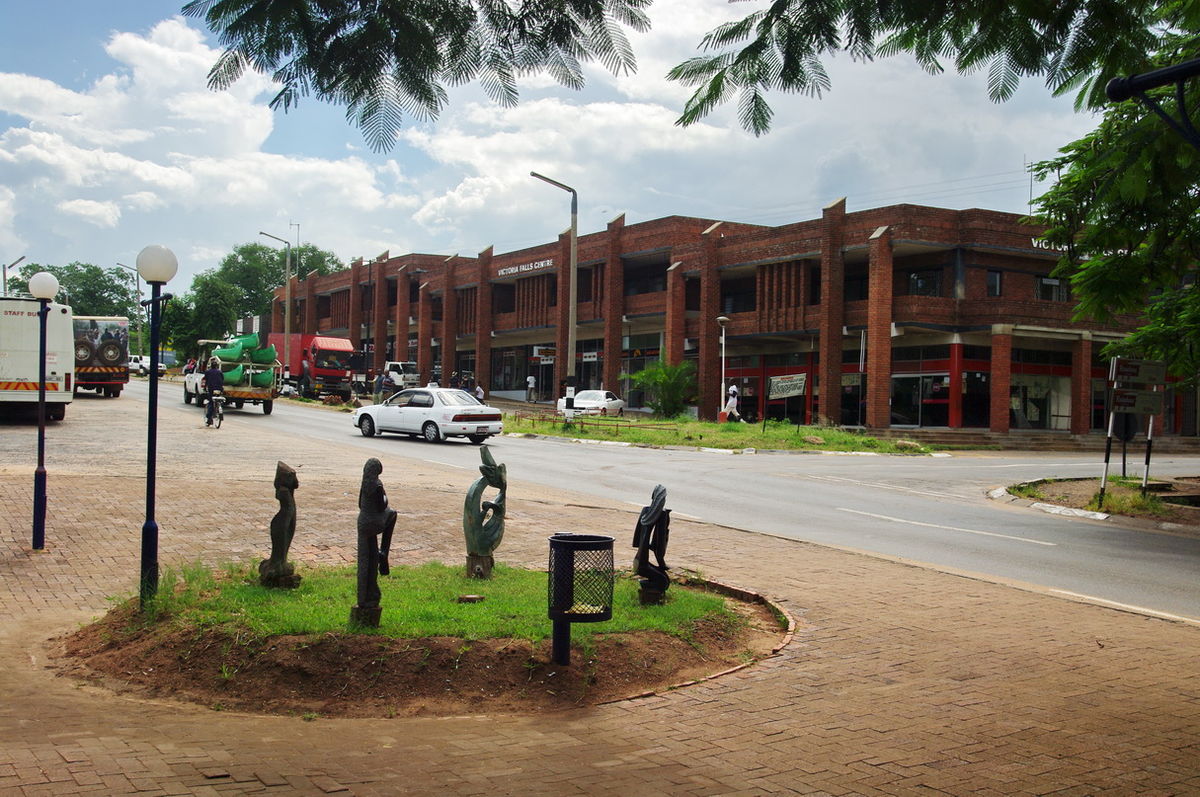

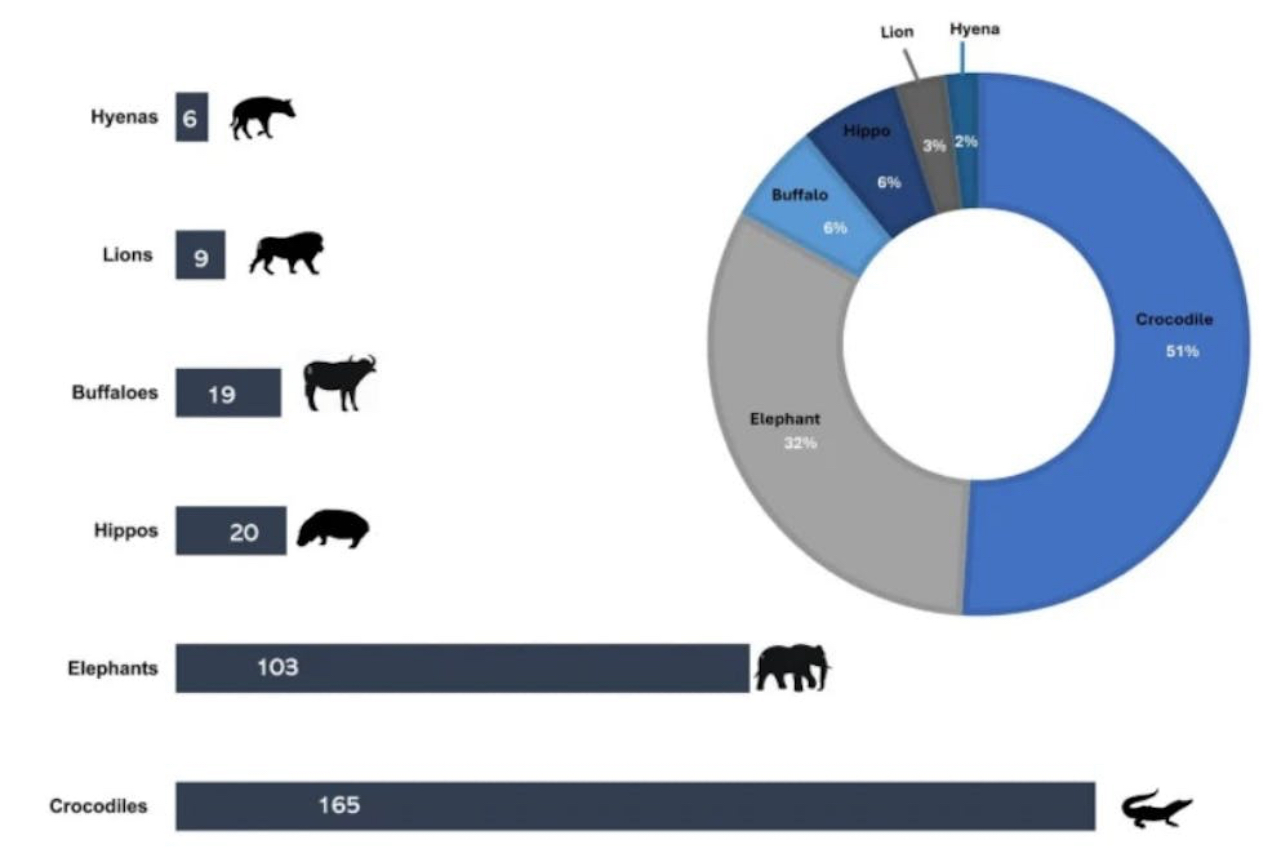
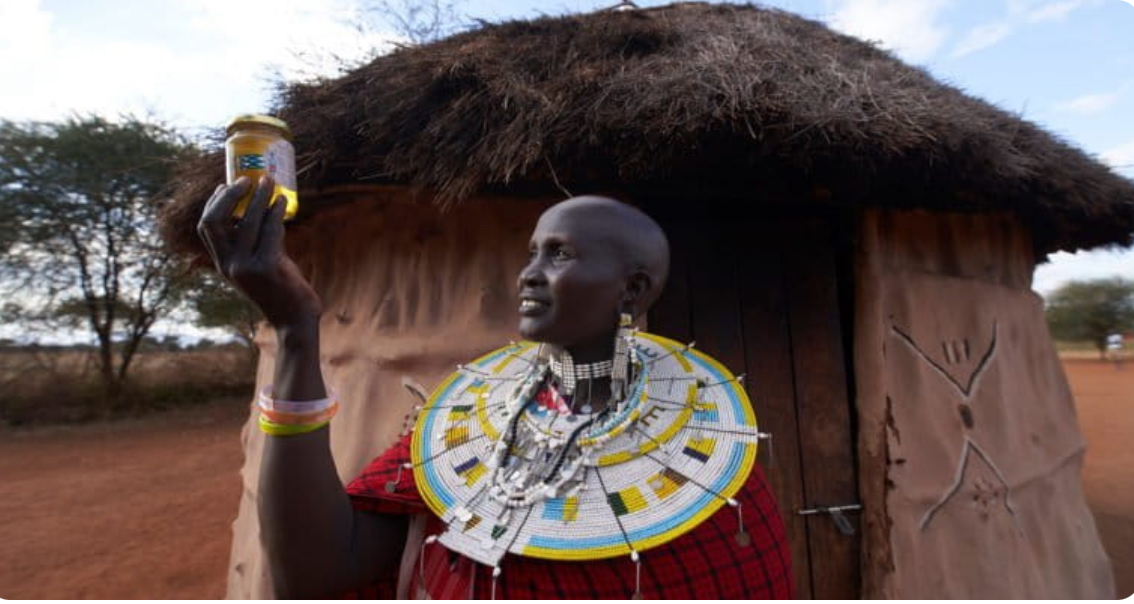

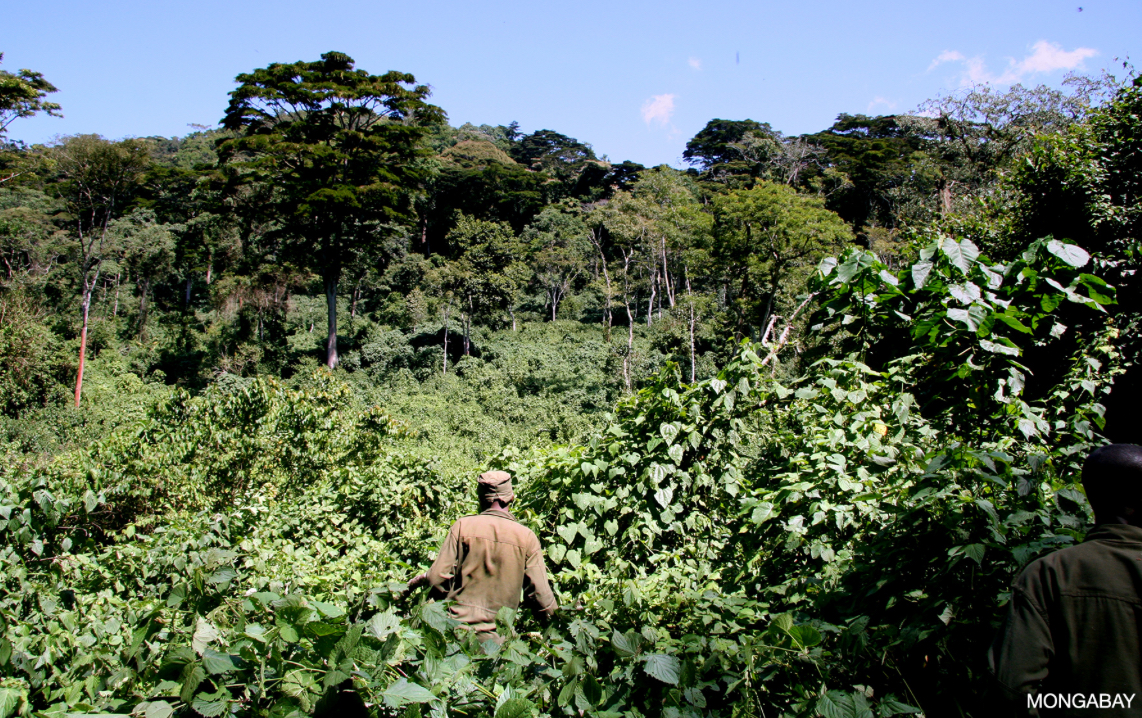 The paper pays particular attention to the current push to expand protected areas to cover 30% of the planet by 2030. In principle, the authors argue, this target could support more pluralistic forms of conservation, including Indigenous-managed territories and community conservancies. In practice, they warn, countries lacking legal mechanisms to recognize customary land rights may default to state-led models that repeat earlier injustices. Conservation success, measured narrowly through ecological indicators, can come at high social cost when human rights are treated as secondary concerns.
The paper pays particular attention to the current push to expand protected areas to cover 30% of the planet by 2030. In principle, the authors argue, this target could support more pluralistic forms of conservation, including Indigenous-managed territories and community conservancies. In practice, they warn, countries lacking legal mechanisms to recognize customary land rights may default to state-led models that repeat earlier injustices. Conservation success, measured narrowly through ecological indicators, can come at high social cost when human rights are treated as secondary concerns.
